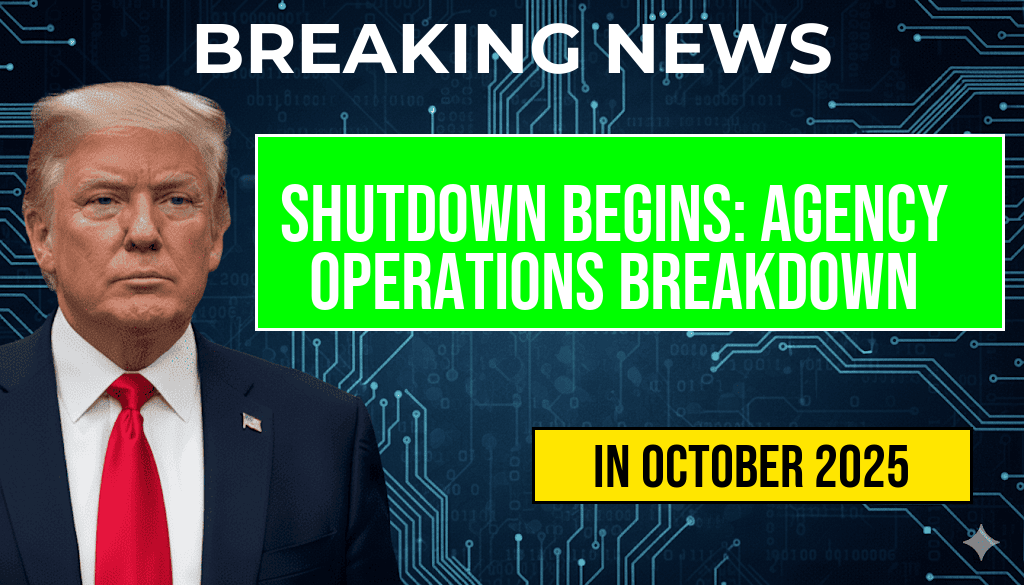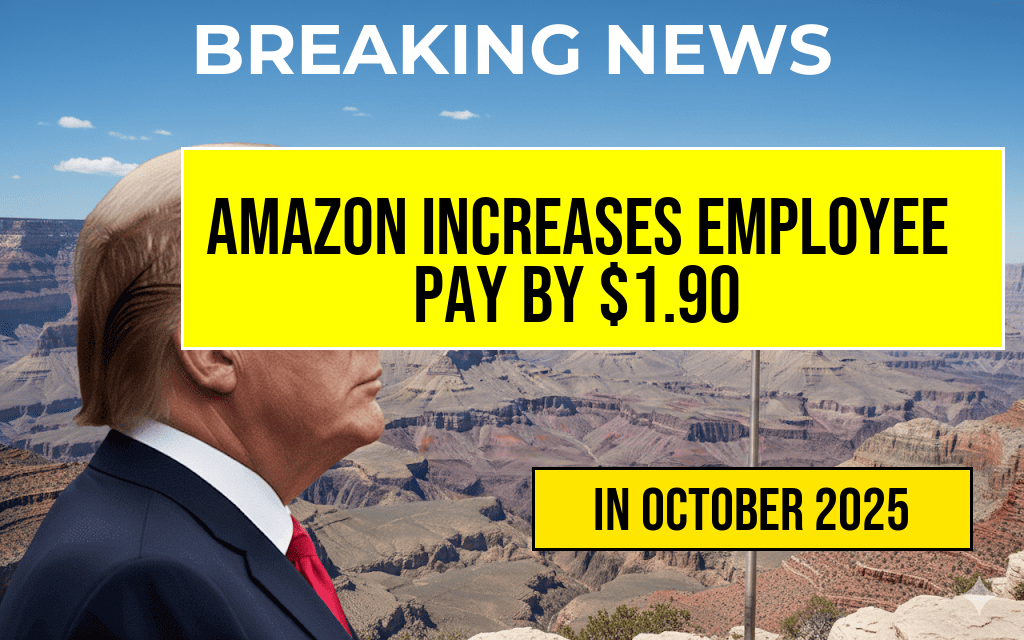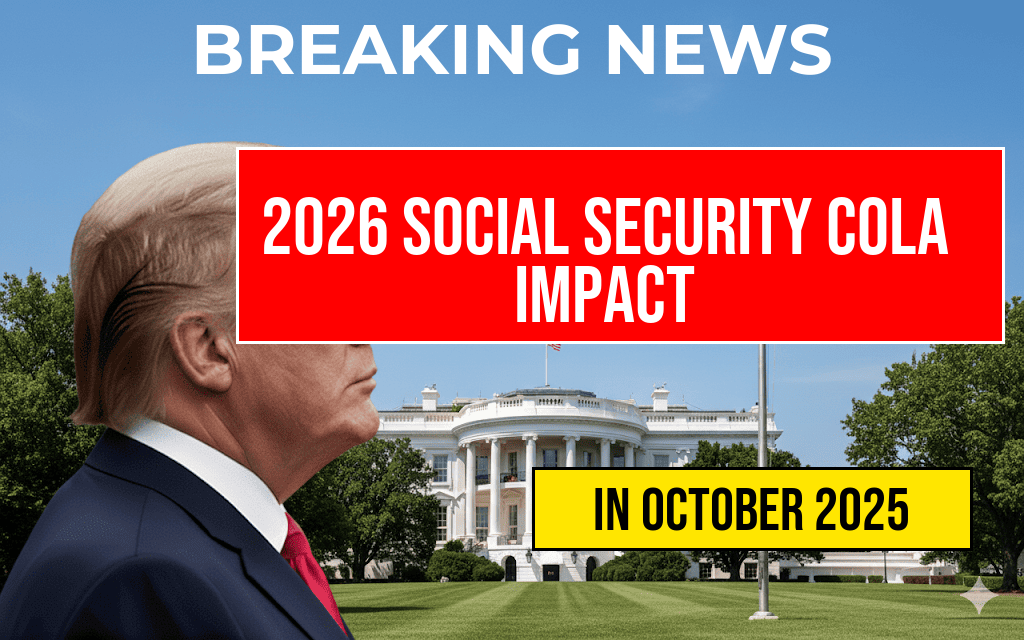The federal government officially entered a shutdown on Saturday morning after Congress failed to pass legislation to fund agencies for the upcoming fiscal year. The lapse in appropriations temporarily halts operations across numerous departments and services, affecting millions of Americans. While some agencies have enough funds to continue operating temporarily, others have already begun partial closures or reduced services. The shutdown underscores ongoing political disagreements over budget priorities, with many federal employees facing uncertainty about pay and job security. This article provides a detailed agency-by-agency breakdown of which government functions are continuing, which are halting, and what Americans can expect during this period.
Impact Overview: Agencies Operating and Halting Services
As the shutdown takes effect, several federal agencies will cease most operations, while essential services remain active. The scope of shutdown impacts varies widely, from social safety nets to national security. Agencies funded through mandatory spending, like Social Security and Medicare, are largely unaffected in the short term, though some programs might experience delays. Conversely, discretionary agencies, reliant on annual appropriations, are confronting closures or significant service reductions. This division creates a patchwork of operational statuses across the federal government.
Agency-by-Agency Breakdown of Operational Status
Continuing Operations: Essential Services
- Social Security Administration: Continues to process benefits and handle inquiries. Most local offices remain open, although some non-essential functions may be limited.
- Internal Revenue Service (IRS): Continues processing tax returns and refunds but halts new audits and certain enforcement activities.
- Defense Department: Maintains national security functions, including active military operations, although some administrative functions are paused.
- Transportation Security Administration (TSA): Continues airport screening and security checks, ensuring the continuity of commercial flights.
- Federal Emergency Management Agency (FEMA): Keeps emergency response services operational, focusing on disaster relief and preparedness.
Shutdown-Impacted Agencies: Partial or Full Closures
| Agency | Status | Notes |
|---|---|---|
| Environmental Protection Agency (EPA) | Partial closure | Most non-essential activities suspended; some ongoing projects continue. |
| Department of Education | Majority closed | Most programs halted; staff furloughed. |
| U.S. Postal Service | Operational | Continues regular mail delivery and services. |
| Department of Housing and Urban Development (HUD) | Partial closure | Some functions paused; grants and inspections delayed. |
| National Parks Service | Partial closures | Many parks closed or operating with limited staff. |
| Centers for Disease Control and Prevention (CDC) | Reduced operations | Focus on critical public health functions; routine services impacted. |
| Department of Labor | Partial closure | Furloughs across administrative staff; enforcement activities reduced. |
Implications for Federal Employees and the Public
Hundreds of thousands of federal workers face unpaid furloughs or delayed paychecks, raising concerns about financial stability for many households. Some agencies, especially those with mandatory funding, will continue operations, but employees in discretionary programs face uncertainty. For the public, services such as passport processing, visa applications, and certain social programs are disrupted or slowed, creating frustration and logistical challenges.
Political Context and Future Outlook
The shutdown reflects deep disagreements in Congress over spending priorities, with negotiations over border security, defense budgets, and domestic programs remaining unresolved. Lawmakers face pressure to reach a funding agreement to reopen the government fully. Historically, government shutdowns tend to be temporary, with negotiations often resuming after brief periods of impasse. However, prolonged shutdowns can have lasting economic impacts, affecting markets, consumer confidence, and public trust.
Resources and Next Steps
Individuals seeking assistance or updates on specific agency services should consult official agency websites or contact relevant offices directly. For ongoing developments and legislative updates, credible sources like Congress.gov and WhiteHouse.gov provide authoritative information. As negotiations continue, the outlook for a swift resolution remains uncertain, but officials emphasize working toward a bipartisan agreement to end the shutdown and restore full government operations.
Frequently Asked Questions
What government agencies are affected by the shutdown?
The government shutdown impacts several agencies, including the Social Security Administration, IRS, Department of Defense, and Transportation Security Administration (TSA). Some agencies continue operating while others are temporarily suspended or operate with limited staff.
Which essential services will continue during the shutdown?
Essential services such as national security, airline security, and benefit payments like Social Security and Medicare typically continue despite the shutdown, to ensure public safety and financial stability.
How long will the government shutdown last?
The duration of the shutdown depends on political negotiations and funding agreements. Without a new budget or continuing resolution, the shutdown may persist until lawmakers reach an agreement.
Will I still receive Social Security or IRS services during the shutdown?
Yes, Social Security payments will continue, and IRS services related to tax filings and refund processing are generally maintained, though some non-essential operations may be delayed.
What should I do if I need assistance from a government agency during the shutdown?
For urgent matters, check the agency’s official website or contact their hotline for updates. Non-urgent inquiries may experience delays, so plan accordingly and stay informed about any changes to service availability.










